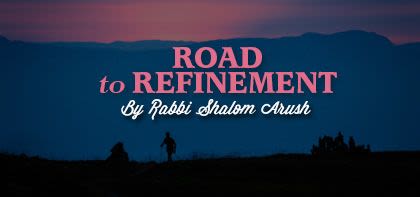
Road to Refinement
The main sin that ensnares people is the sin of pride; the haughty person thinks that he has everything coming to him and that he has no obligation to thank anyone…

“A rebuke enters deeper into a man of understanding than a hundred lashes into a fool,” says King Solomon in Proverbs 17:10.
Rabbi Yochanan, the Talmudic Sage, quoted Rabbi Yossi: “One twinge of guilt in the heart of man is better than a number of lashes.”
In other words, a person who initiates his own repentance and subjugates himself before the Creator needs no more than rebuke to mend his ways. But a fool who lacks self-assessment has no idea why he suffers. He fails to wake up despite repeated prodding from Above.
The main focus of a person’s spiritual service is to never forget any kindness that any person has done for him. Such kindnesses are really gifts from the Creator.
The main sin that ensnares people is the sin of pride; the haughty person thinks that he has everything coming to him and that he has no obligation to thank anyone – not even Hashem, Heaven forbid. Thus, one’s personal prayer energies should be directed to attaining gratitude in all its aspects and giving thanks with all of one’s heart.
Not even Torah study helps a person change if it is not accompanied by constant prayer, self-assessment and repentance – even if one is learning from the greatest rabbi. In the desert, the People of Israel heard the Torah from the Holy One, Blessed Be He, Himself. What an awe-inspiring thought! They learned Torah from the greatest rabbi and prophet of all times – Moses. They were not burdened by, nor busy with other things, an excuse that many people use today to explain why they do not learn Torah or repent. On the contrary, they learned a tremendous amount of Torah during those forty years in the  desert. There were no bank statements, grocery bills or mortgages. They didn’t have to do laundry. They didn’t have to sew because the clothing grew to fit the ever-changing sizes of the children. They didn’t have to go to work or pay taxes. Everyone was free for the exclusive study of Torah, including the women. And learn Torah they did – but it didn’t change them!
desert. There were no bank statements, grocery bills or mortgages. They didn’t have to do laundry. They didn’t have to sew because the clothing grew to fit the ever-changing sizes of the children. They didn’t have to go to work or pay taxes. Everyone was free for the exclusive study of Torah, including the women. And learn Torah they did – but it didn’t change them!
If a person doesn’t make a concerted effort toward character improvement, the Torah that he learns will not change him. The main point of learning Torah is to translate it into action. Hashem also commanded us to incorporate what we learn into our hearts, as He wrote in the Torah: “And you shall know today and internalize it into your heart,” (Deuteronomy, 4:39). G-d commands us to apply what we learn to our Divine service, which is prayer and self-improvement.
A person who sees that he has not sufficiently bettered himself should not claim bad luck, or a lack of talent or ability. He must realize that he simply didn’t work hard enough. He should also not think that if he would only witness miracles, he would change. A person does not change by seeing miracles unless he awakens his soul and draws practical conclusions as to how to improve his ways. Our sages say: “If you work hard and get results, you can believe it. If you did not work hard and you’ve gotten results – don’t believe it.” Neither miracles nor Torah learning alone will change a person without his own intense efforts at self-improvement.
One’s first task in self-improvement is to avoid all whining, complaining, needless crying, sadness and despair as if they were the Bubonic Plague. He would be wise devote at least a third of his daily personal prayer session to expressing his gratitude for Hashem’s numerous blessings. Such efforts will surely uproot all forms of discontent and dramatically pave the way to character refinement.


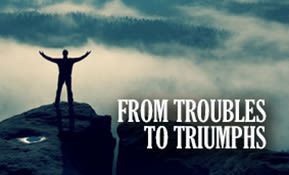

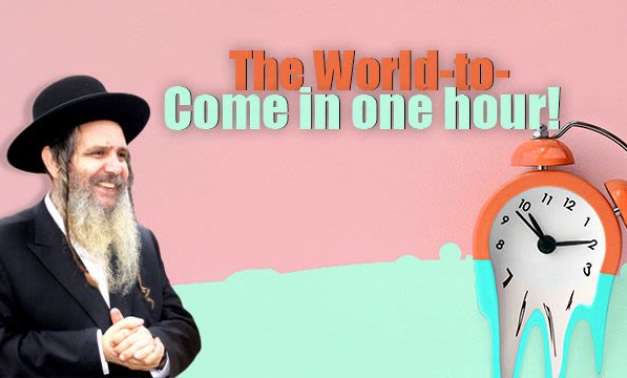
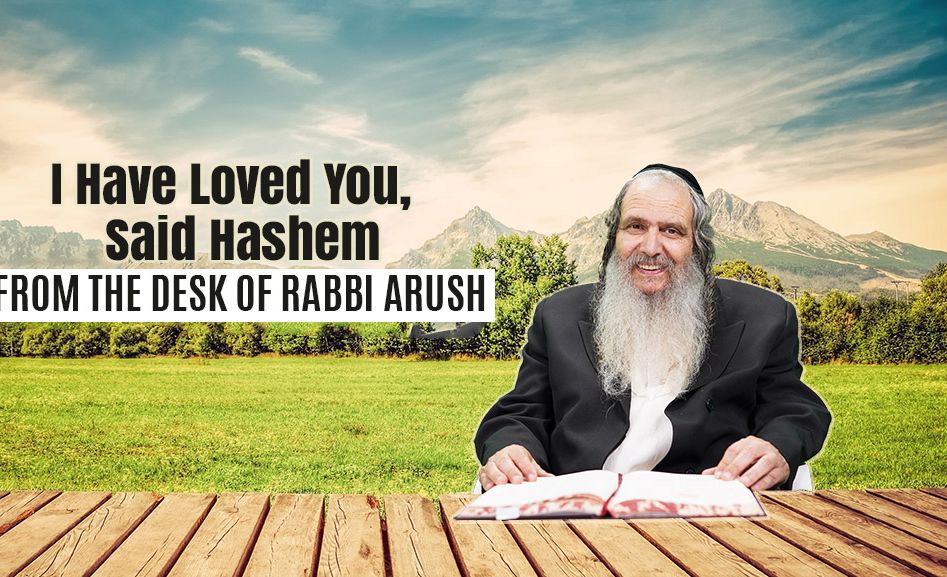

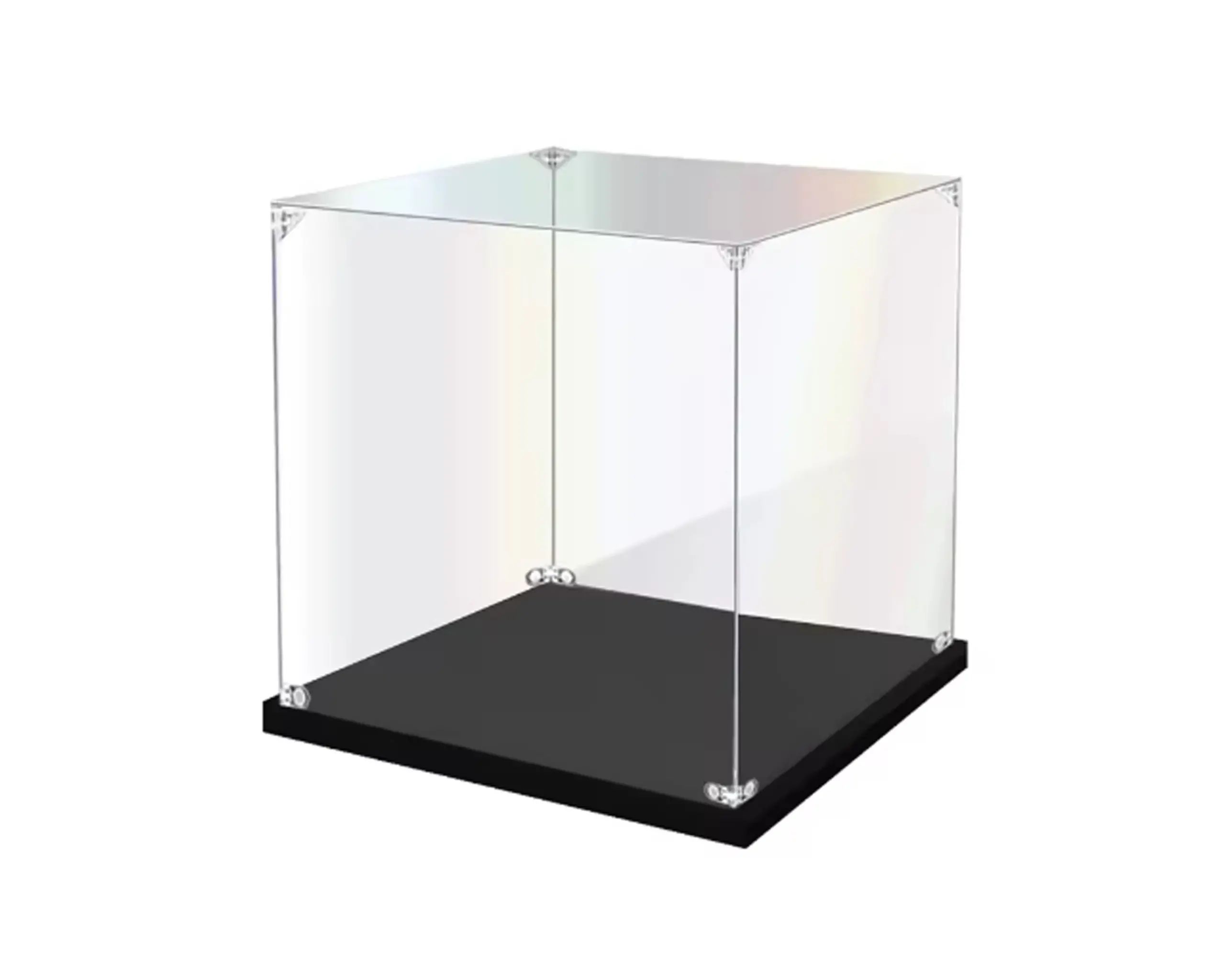



Tell us what you think!
Thank you for your comment!
It will be published after approval by the Editor.